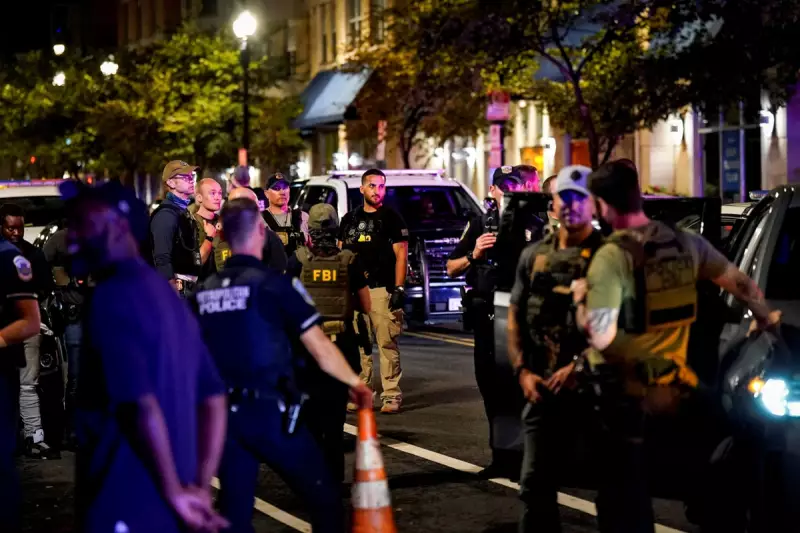
Delivery drivers working for major apps in the US capital are facing an intense and controversial police crackdown, with officers specifically targeting them for minor traffic violations that result in hefty fines and even vehicle seizures.
The aggressive new initiative by the Washington DC police has sparked widespread condemnation, with critics accusing authorities of unfairly targeting low-income gig economy workers who are simply trying to make a living.
The Cost of a Delivery
Drivers for services like Uber Eats, DoorDash, and Grubhub report being singled out by police officers for infractions such as parking momentarily to pick up or drop off an order. The penalties are severe: tickets can run into hundreds of dollars, and in many cases, drivers have their cars impounded on the spot.
For many drivers, their vehicle is their only means of income. Having it seized creates an impossible situation, trapping them in a cycle of debt to recover their essential tool for work.
A Policy Under Fire
Community advocates and driver unions are up in arms, labelling the crackdown as fundamentally unjust. They argue that the police strategy is disproportionately punishing a vulnerable workforce instead of addressing the root cause of the issue: a lack of dedicated and safe parking options for delivery drivers in a city designed around cars.
This approach, they say, highlights a deep disconnect between city policymakers and the realities of the modern gig economy upon which many urban residents now rely.
The Ripple Effect
The crackdown doesn't just hurt drivers; it impacts the entire local ecosystem. Restaurants that depend on delivery apps for a significant portion of their revenue are experiencing slower service and dissatisfied customers. Residents who rely on food delivery are facing longer wait times and fewer available drivers willing to risk tickets to service certain areas.
This situation in Washington DC serves as a stark warning to other major cities about the social and economic consequences of poorly conceived traffic enforcement strategies.





